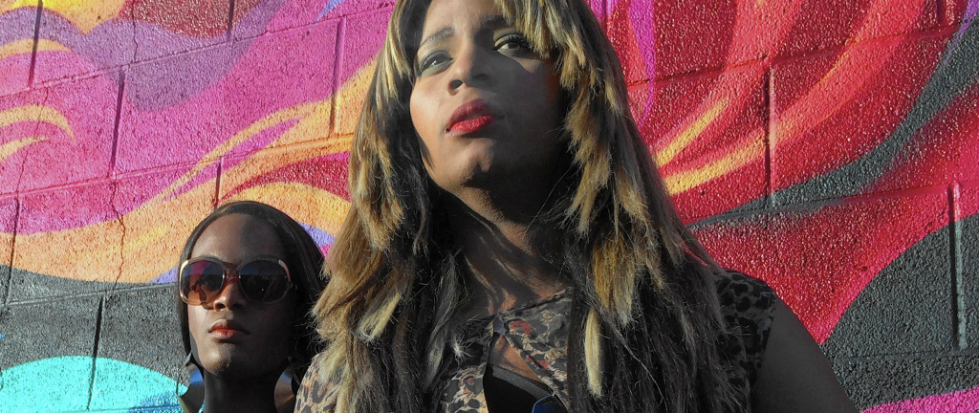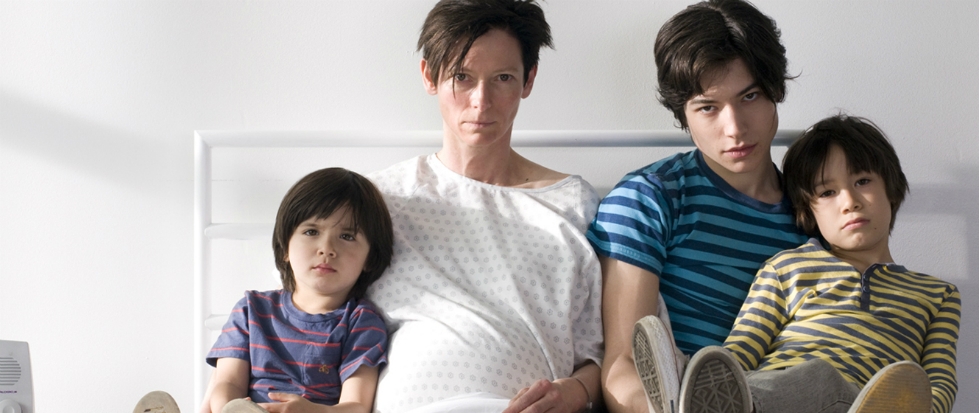
Tangerine: Familiarity Breeds Understanding
I went into Tangerine with reservations. Prostitution is not a topic I have a great deal of interest in, and the student-film vibe of the first ten minutes didn’t do much to endear me. Nevertheless, I stuck with it. Am I ever glad I did.
The majority of the characters featured in Tangerine are either transgender, or are attracted to trans people. The movie focuses specifically on two trans women working in the sex trade. The life of a sex worker, much less a transgender one, was something I had virtually no perspective on.
I had expected Tangerine to show a reality that couldn’t be more different from my own, but that wasn’t the case. Here were people I had no trouble relating to; problems I could easily empathize with. By the time the credits rolled, I felt changed. My worldview had expanded, illuminating a mindscape long cloaked in darkness.
When I was younger, I – like many kids – went along with the idea of social classes. The jocks and the socialites sat on the highest step, looking down at the skaters, the musicians, the geeks, the leftovers. Each group kept to itself; overstepping your place was cue for humiliation or worse, exile. Your shared traits within the group were worthy of the highest praise. Consequently, the traits that marked you as belonging to another group were wrong. They were attributes to be mocked.
Fortunately, as puberty gave way to maturity, this class separation started to dissolve. Cliques intermingled and discovered that their superficial distinctions belied the fact that we were all just kids, dealing with the same travails of adolescence and sharing far more in common than we had thought. By my final year of high school, I was lucky enough to count nearly all of my peers among my friends.
My experience seems atypical, however. Many of my acquaintances from other schools were segregated right through graduation. That not only left them with sour memories of their adolescence, but a predilection towards dividing the world into us and them.
Such an exclusive mentality was useful back when we roamed the wildlands in tribes, competing for food, water, shelter and mates. These days, it’s only good for starting wars. The practical differences between people of varying appearance, sexual alignment and cultural beliefs are next to nil. History has proven this time and time again, whether it be the notion that red hair was linked to witchcraft, or the belief that religion rendered someone immune to sin.
Sadly, these strident attitudes cannot be dispelled through factual argumentation alone. For many, it is only when they see the truth with their own eyes that they are willing to acknowledge it. This is where movies like Tangerine come in. Simple exposure to the human lives of the “others” reveals the myriad similarities we all share, regardless of our skin tone or sexual creed.
Familiarity breeds understanding, and understanding breeds empathy. For every difference that divides us, there is a crossroads where our paths connect. If we can find just one of those intersections, we can start to tear down the walls between us and see our fellow humans for the kin they are. Watch Tangerine, read articles like this, play Depression Quest. Remember that labels and definitions don’t dictate who a person really is. We are all mortals on the same Earth; we all eat, we all drink, we all breathe. Sometimes, it really pays to remember that.





